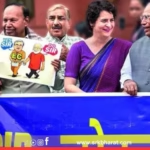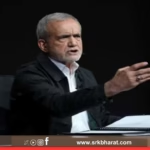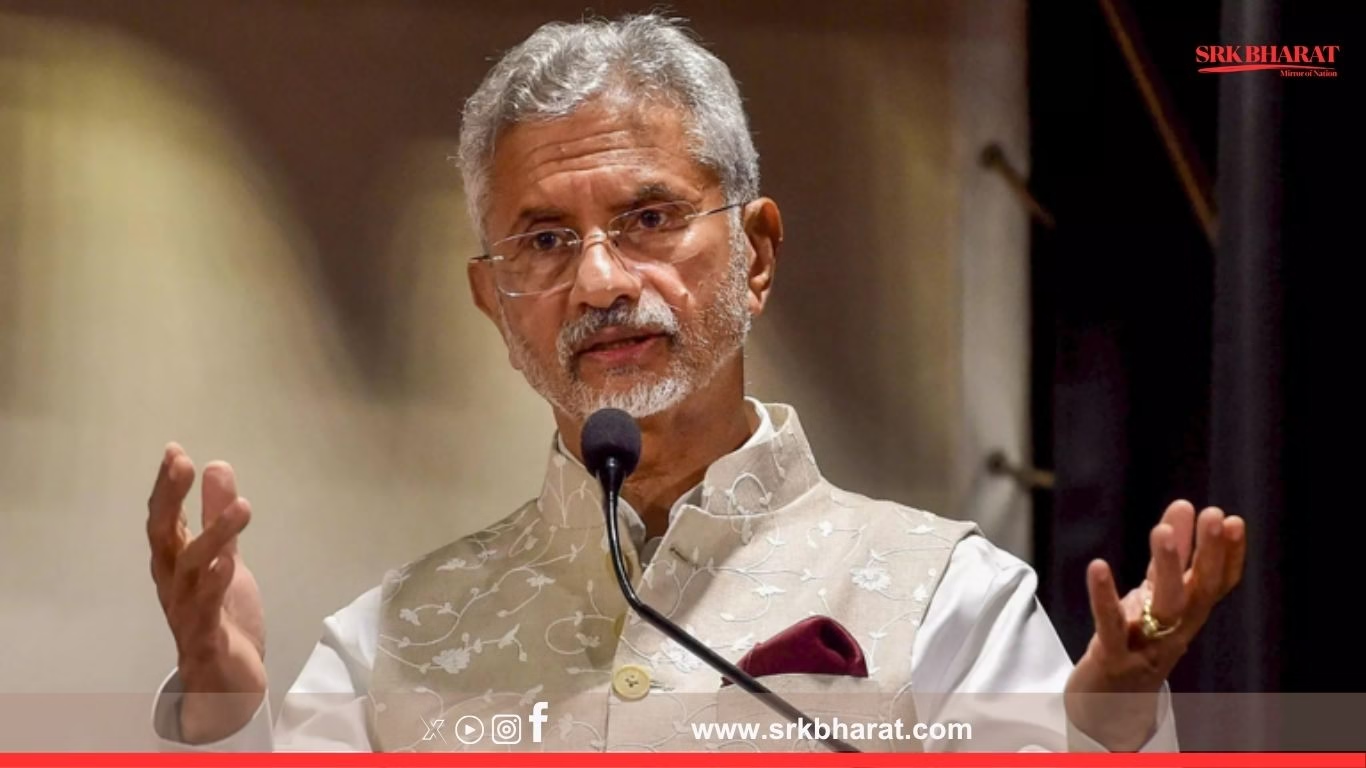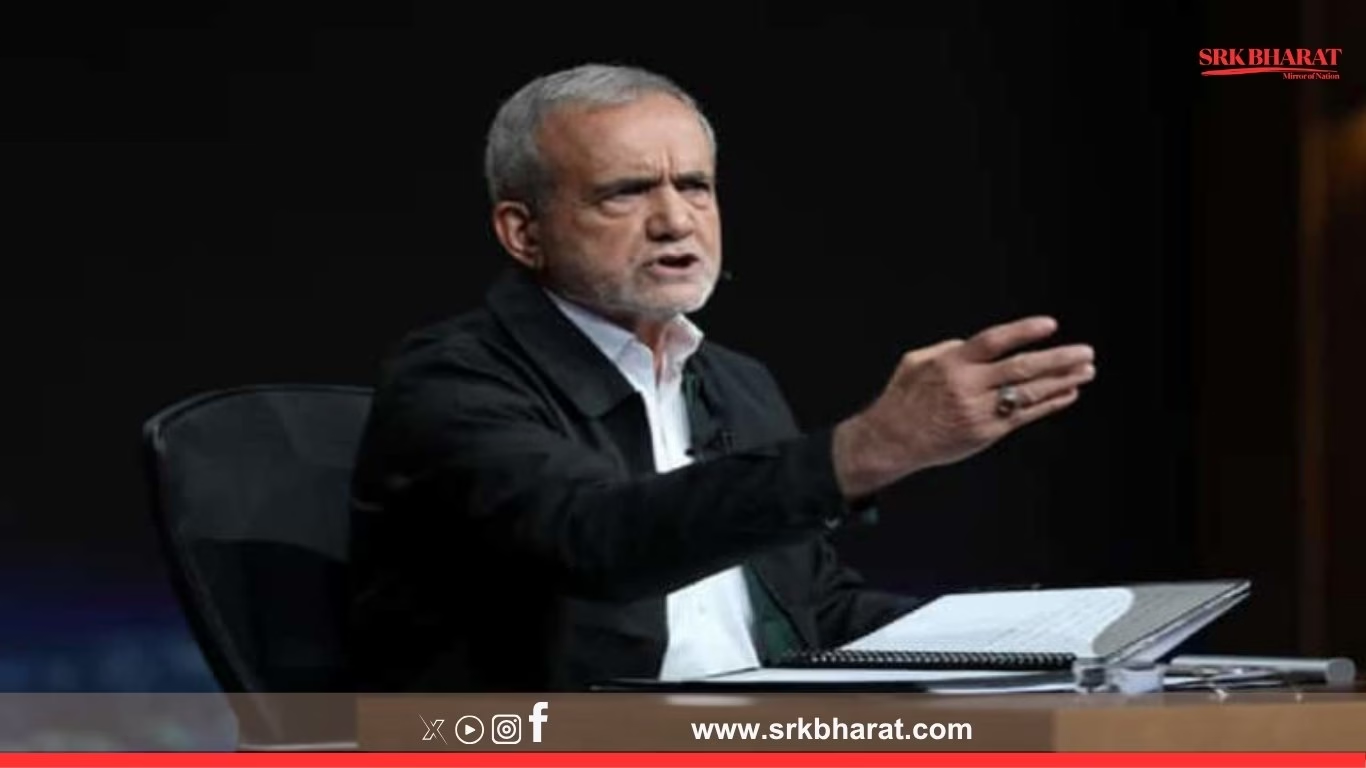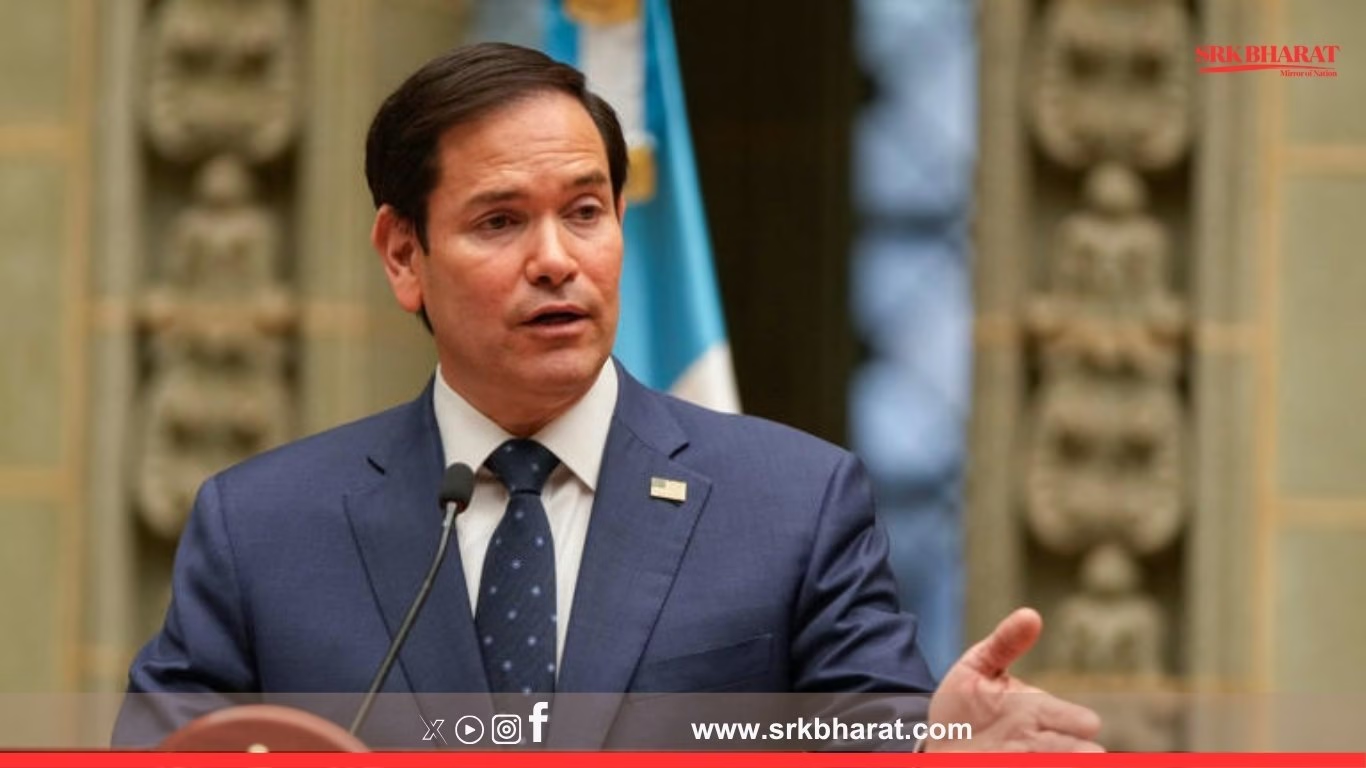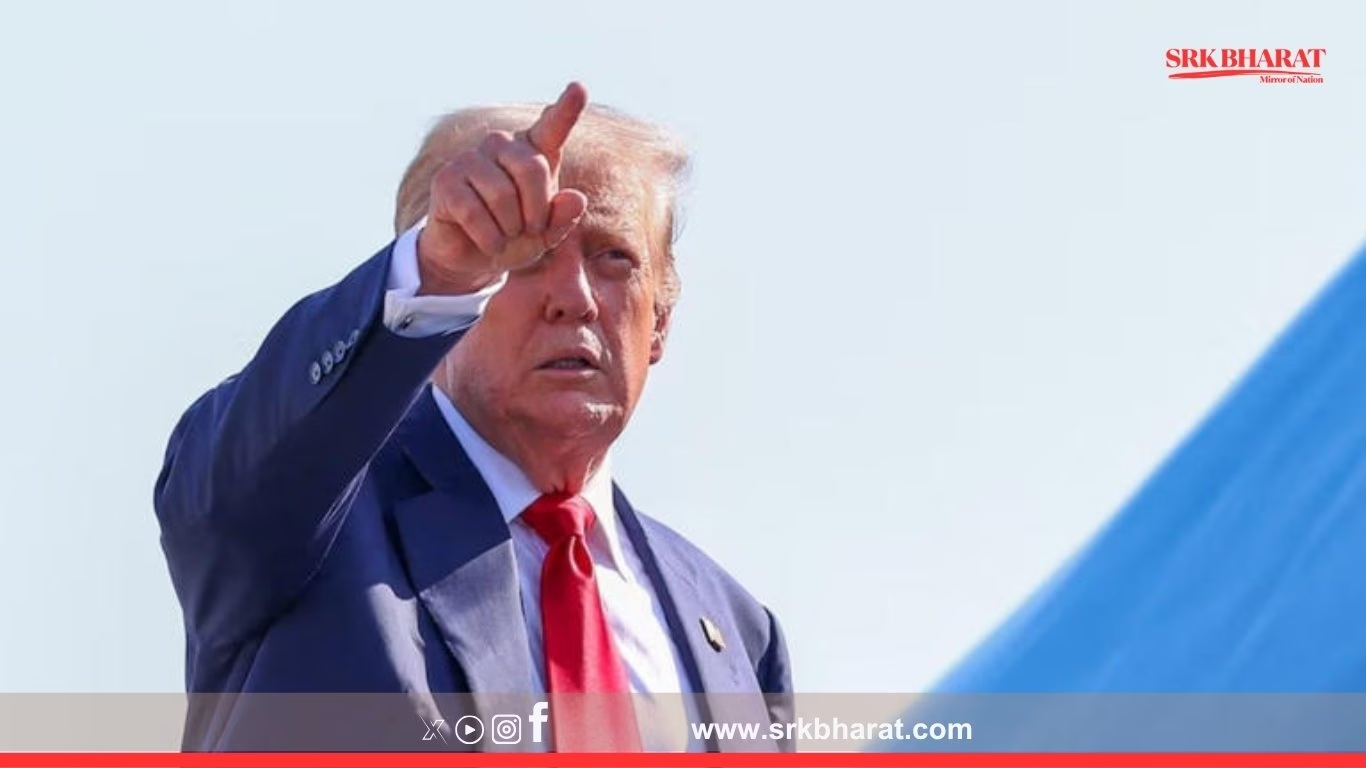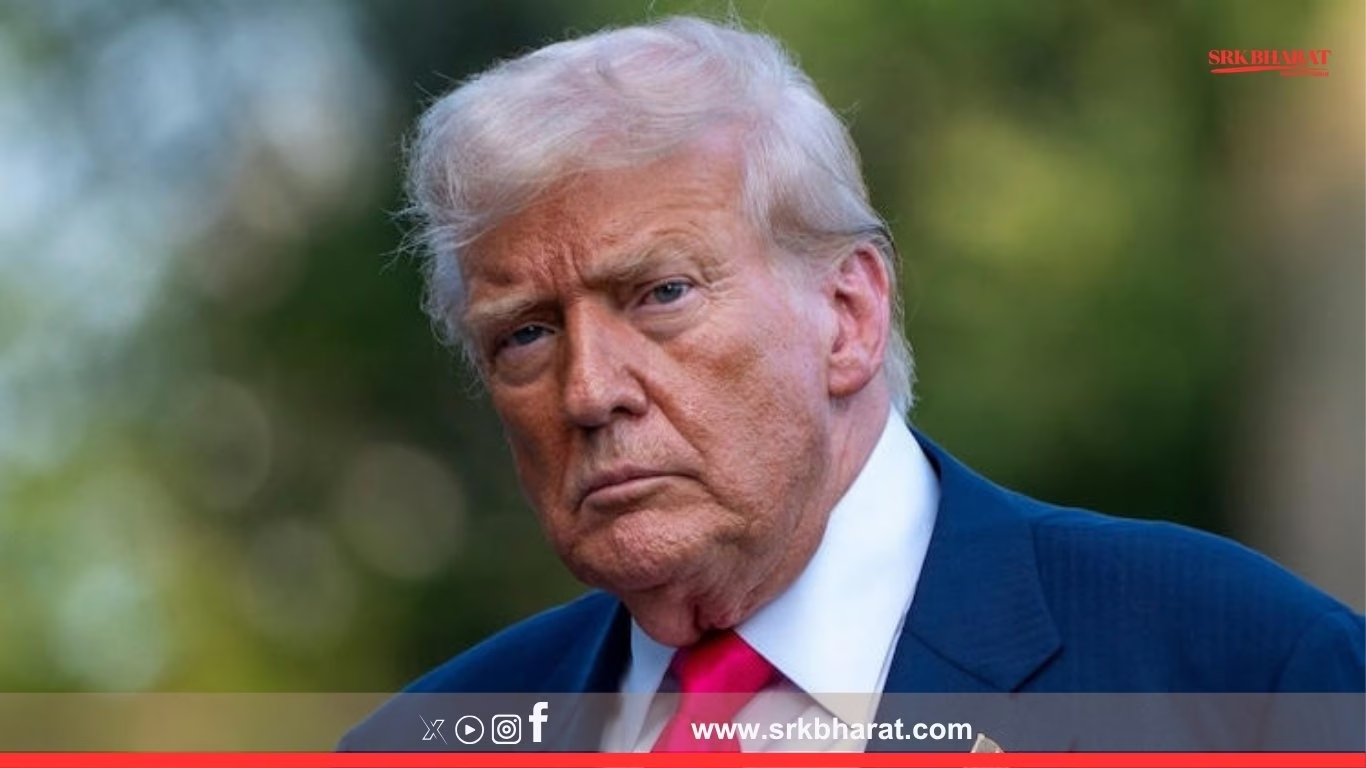In a significant revelation that has stirred both diplomatic and national security circles, External Affairs Minister Dr. S. Jaishankar has stated that a Bangladesh-based organisation, allegedly backed by a Turkish non-governmental organisation (NGO), was responsible for the circulation of an anti-India map. The publication, which reportedly distorts India’s borders and sovereignty, has raised alarms within India’s foreign policy and intelligence establishments, underlining the emerging threat of cross-border ideological interference.
The statement, made during a high-level geopolitical conference, underscores the growing concern in New Delhi regarding the misuse of international civil society networks for anti-India propaganda campaigns, particularly those emanating from South Asia and countries with historical or ideological antagonism toward India.
Jaishankar Flags Turkey-Linked NGO Influence in Bangladesh
Addressing questions on the growing intersection of geopolitics and digital disinformation, Jaishankar pointed to a “coordinated narrative-building attempt” involving actors in Bangladesh operating with foreign backing. He emphasized the role of a Turkish-funded NGO that had lent ideological and possibly financial support to the Bangladesh-based group, enabling the circulation of provocative cartographic content.
“This is not accidental. It is part of a deliberate effort by vested interest groups to undermine India’s territorial integrity and global standing through digital propaganda,” said Jaishankar. He further hinted that the organisations involved were attempting to create regional discord and questioned the motives behind such actions, particularly in the context of rising pan-Islamist rhetoric from specific international quarters.
The Anti-India Map Controversy
The controversial map in question, circulated via social media and some fringe academic channels, allegedly:
- Misrepresents Jammu and Kashmir as a separate entity,
- Omits Arunachal Pradesh from Indian territory,
- Labels parts of Assam and Tripura as “disputed”,
- Shows the Indian Northeast as culturally and politically aligned with Bangladesh.
According to intelligence sources, the publication did not originate from any official agency in Bangladesh but from a Dhaka-based “research” outfit that received funding from a Turkish NGO known for its Islamist affiliations and anti-West narratives. While the exact name of the organisation has not been disclosed publicly, Indian agencies are reportedly working with their Bangladeshi counterparts to verify the funding trail and ideological links.
Timeline of Events
| Date | Event Description |
|---|---|
| Early June 2024 | Circulation of map begins across fringe forums and social media platforms |
| Mid-June 2024 | Indian diplomatic mission in Dhaka raises concern with Bangladesh authorities |
| Late June 2024 | Indian security agencies trace content origin to a Dhaka-based organisation |
| July 2024 | Jaishankar publicly names foreign NGO involvement at international conference |
This timeline has intensified scrutiny over external attempts to manipulate narratives around India’s territorial integrity and inter-regional harmony.
Strategic Implications for India-Bangladesh Relations
While India and Bangladesh share strong bilateral relations, including in trade, connectivity, and counter-terrorism cooperation, the revelation of such elements operating within Bangladeshi civil society poses a new challenge.
New Delhi has not accused the Bangladesh government of complicity but has urged Dhaka to ensure that its civil society landscape is not exploited by actors hostile to India. In response, diplomatic sources say Bangladeshi authorities have assured India of their cooperation and launched internal reviews into foreign-funded NGOs operating within the country.
Analysts note that this incident may serve as a catalyst for stricter regulations on foreign influence in civil society, especially for organisations receiving funding from ideologically motivated international networks.
Turkish NGO Footprint in South Asia
Over the past few years, Turkey under President Recep Tayyip Erdoğan has sought to expand its influence in South Asia, particularly by supporting religious and ideological initiatives that align with its global outreach agenda. Several NGOs based in Turkey have come under the scanner for promoting narratives sympathetic to Islamist causes across Asia and Africa.
In the case of Bangladesh, some of these NGOs have worked through humanitarian and education-based cover platforms to channel funds to local entities. India’s concern revolves around the misuse of such aid networks for indirect ideological or geopolitical interference.
Security experts point out that while not all Turkish NGOs are problematic, a pattern is emerging where those affiliated with Erdoğan-aligned networks are increasingly engaging in digital campaigns aimed at projecting alternative geopolitical narratives—some of which are directly contrary to India’s national interest.
Digital Warfare and Disinformation: A Growing Concern
The publication of the map is not an isolated event. India has previously faced:
- Anti-India maps and infographics circulated by Pakistani social media accounts,
- Narratives of regional balkanization promoted by separatist groups abroad,
- Deepfake videos showing manipulated speeches by Indian political leaders,
- Disinformation campaigns during internal events like CAA protests and farmers’ agitation.
Experts argue that hostile actors often use proxies in civil society—especially those operating in nations with large Muslim populations—to mount low-cost, high-impact information warfare against India.
A senior intelligence analyst remarked, “Digital disinformation is now the first line of attack in modern geopolitical competition. India’s size and diversity make it a prime target, and adversaries seek to exploit this through doctored content, false maps, and divisive narratives.”
Strategic Recommendations Being Considered
| Measure | Purpose |
|---|---|
| Enhanced vetting of foreign-funded NGOs | To prevent ideological penetration via civil society groups |
| Joint monitoring cell with friendly neighbouring nations | To track disinformation campaigns at the regional level |
| Diplomatic engagement with Turkey | To express concern over misuse of its NGO networks |
| Strengthening cyber intelligence units | To detect, trace, and neutralize propaganda and fake content early |
| Regional media literacy campaigns | To inoculate the public against disinformation and misinformation |
These measures are likely to be discussed in upcoming strategic forums, including those focusing on cybersecurity and Indo-Pacific cooperation.
Bangladesh’s Stance and Way Forward
While India maintains that its relationship with the Bangladeshi government remains cordial, this development is being treated seriously. Officials in Dhaka have reportedly begun a review of all foreign NGOs operating in the country with links to political or ideological activity.
In an unofficial statement, a Bangladesh foreign ministry official noted, “We are committed to ensuring that our territory is not used for activities against friendly nations. The NGO in question is not representative of our national policy.”
This cooperation is seen as crucial by New Delhi, especially with border states like Tripura, Assam, and West Bengal witnessing sensitive demographic and geopolitical realities.
Conclusion
The allegation made by Jaishankar underscores a new phase in geopolitical rivalry where non-state actors, civil society groups, and digital channels become instruments of statecraft and subversion. As India asserts its sovereignty in global platforms and strengthens ties with strategic allies, efforts to undermine its territorial unity will likely escalate in subtle forms like this.
This incident may also encourage India to revisit its policy frameworks around international NGO cooperation and promote greater digital resilience, especially in a time when information is often the first casualty in hybrid warfare.
Disclaimer: The content of this article is based on public statements, government briefings, and independent analysis. It does not imply any institutional position or accusation. Readers are advised to verify and cross-check with official sources for updates on the matter.

